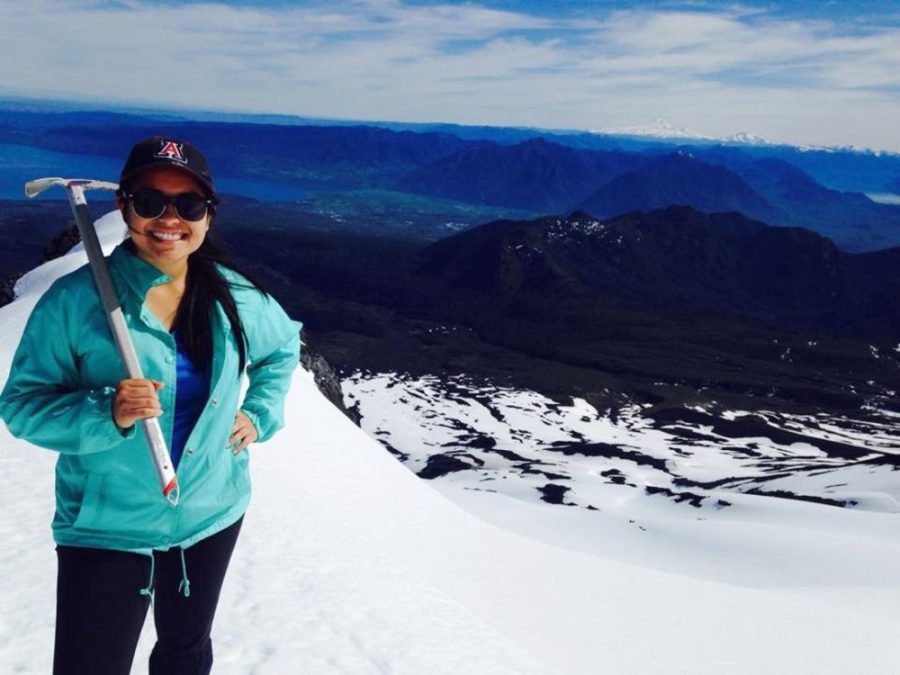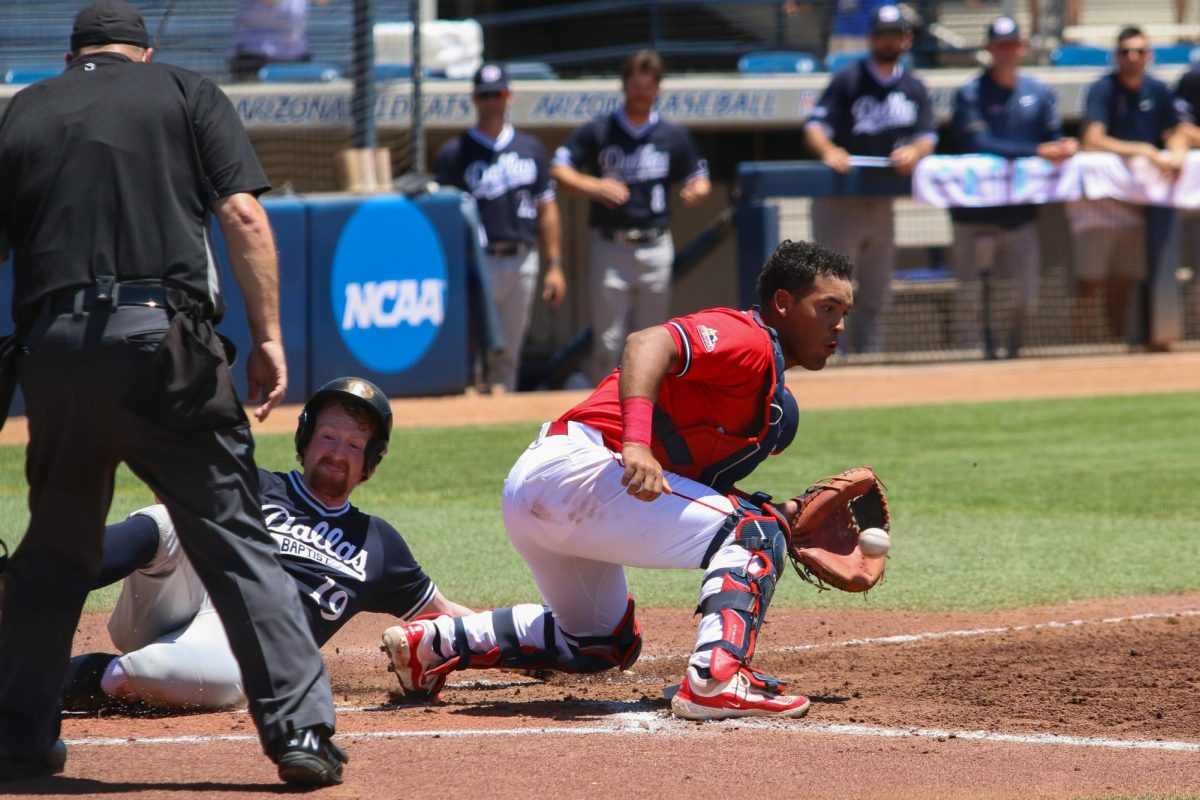Anyone who looks at Melissa Conrad’s passport would classify her as a young world traveler. Indeed, Conrad, a public health junior, is becoming more and more familiar with life outside of the U.S. as she checks off different countries on the world map. From visiting Machu Picchu in Peru to climbing volcanoes in Chile, Conrad’s adventures abroad have taken her out of her comfort zone and into deeper, richer experiences with new cultures and people.
“Going into college, I already knew I wanted to do something internationally [and] health-related,” Conrad said. “I was so intrigued by other cultures, specifically Latin America. I knew that after I graduated from college, I wanted to be abroad — working internationally.”
Conrad said that between the summer of her freshman and sophomore years, she traveled to Trujillo, Peru, for two months with the nonprofit organization Vive Perú.
According to Vive Perú’s official website, the organization is dedicated to facilitating a culturally enriching experience that simultaneously benefits Peruvian communities in need through volunteer work in the areas of health, education, social work and engineering.
Although this was not a study abroad trip through the UA, Conrad said this first journey to another country fueled her passion and paved the way for her to go on future study abroad trips.
“[Working internationally] has always been a passion of mine, and so that’s what first led me to go to Perú,” Conrad said. “And after I did that for two months, I wanted to learn more. I wanted to see more of the world. Any opportunity I got where I could be abroad, I wanted to take.”
After a summer of being immersed in the culturally and naturally rich land of Peru, Conrad decided to pack her bags for an even longer trip. During the fall semester of her junior year, Conrad called the country of Chile her home. She found that many of her initial struggles abroad led to some of her most cherished memories.
“As a foreign student and not knowing the people, not knowing the culture [and] only knowing the language very little, my favorite moment was meeting a church in Chile where I could connect with people, and I could learn about their lives,” Conrad said. “I could genuinely build relationships with people through that church. … I was by myself most of the time, so meeting Chileans and just them welcoming me into their community, into their culture, into their lives — that was the best moment of Chile.”
In addition to overcoming feelings of being an outsider, Conrad also tackled some physical challenges while in Chile.
“I hiked this active volcano,” Conrad said. “It took like six hours — all uphill on snow. When I looked at the mountain, and I looked at the volcano, I thought to myself, ‘There is no way I will be able to do that.’ I’ve never done anything like that before. But it was part of the program, and it really challenged me. … Doing that really pushed my limits and when I got to the top, I [felt] like I [could] conquer the world, like … I could do anything. My personal growth through that whole [study] abroad [experience] was invaluable — more than the classes, more than school.”
Many students share Conrad’s desire to travel and see the world, but what really sets Conrad apart from her peers is her international attitude. Conrad’s close friend and roommate, Brittney Trang, a public health junior, commented on Conrad’s kindness toward study abroad students in America.
“One [growth] I got to see carried out was her heart for Chileans and their culture,” Trang said. “Melissa met a group of Chileans on campus who were at the end of their study abroad program over the winter. … She spent every day with them, fostering friendships. They still keep in touch.”
Conrad will get to add another stamp in her passport book this summer when she travels to Antigua, Guatemala, for seven weeks on another study abroad trip.
“Instead of taking classes, I’ll be completing my public health internship there,” Conrad said. “That’s the cool thing about study abroad opportunities, is you can really shape it into something that you want. I’ll be working in a public health setting. Mostly, it’s going to be an observational learning experience where I can see how the public health system works in that country and learn as much as I can.”
_______________
Follow Madison Scavarda on Twitter.









